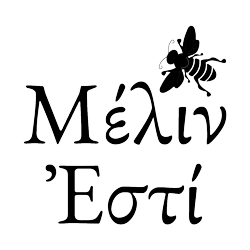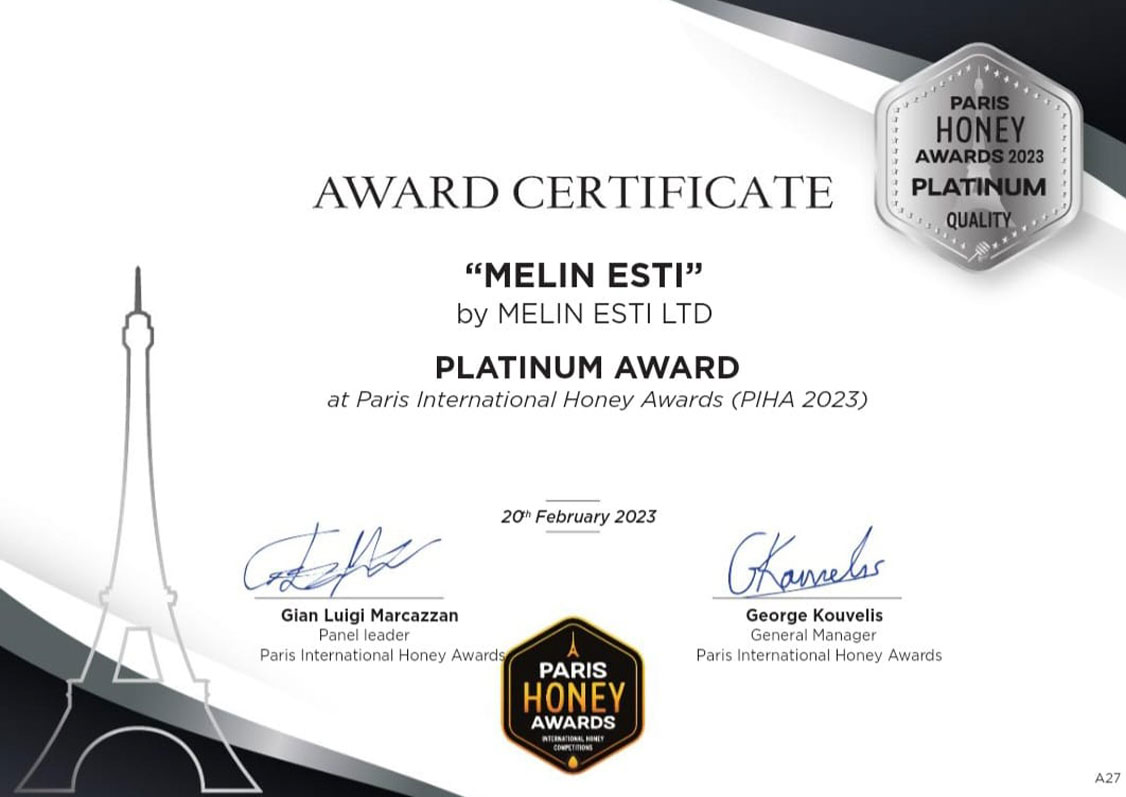What is Propolis?????
Are you aware that bees, apart from honey and pollen which are the most well-known bee products to humans, also collect propolis?
Propolis is a sticky substance produced by bees, which results from the collection of resinous secretions from plant bark, enriched with wax, pollen, enzymes and other substances.
The therapeutic properties of propolis have been known since ancient times, during which time it was also referred to as ‘black wax’. Peoples who thrived on the Mediterranean coast used propolis as a medicine, as they had discovered its anti-inflammatory and antiseptic properties. Hippocrates recommended it for the treatment of ulcers and burns. Roman soldiers on their campaigns always carried propolis in their luggage, while the Egyptians used it to embalm the dead. Today, propolis is widely used as a medicine, either as a stand-alone preparation or as a component of other preparations.
The colour of propolis varies from yellow-green, orange-green to brown and dark brown, and depends on the plant of origin, the wax and pollen content and the length of time it remains in the hive. At low temperatures of less than 15 °C propolis is particularly hard. At temperatures higher than 30 °C it becomes plastic and increasingly becomes a sticky substance. Typically, propolis melts at 60-70° C and has a density of about 1,12 g/ml. It is completely insoluble in water and soluble in ethyl alcohol, glycol and other organic solvents.
The chemical composition of propolis as well as its physical properties depend directly on the flora of each region, as different plants give different possibilities for bees to collect resinous secretions. It consists mainly of resin (50 %), wax (30 %), essential oils (10 %) and pollen (5 %). The other constituents are aromatic substances, sugars, balsams, terpenes, aliphatic acids and their esters, flavones, minerals, substances, vitamins, trace elements and other known and unknown constituents.
Propolis is used by bees to seal and disinfect the inside of the hive. That is, the bees live in a clean and bacteria-free environment, so the products we get from the bees reach us naturally.
The main research-based properties of propolis are:
Anti-inflammatory activity:
It activates the immune system and suppresses certain enzymes that allow inflammation to develop.
In the case of influenza:
Propolis has activity against viruses as it is greatly enhanced in combination with pollen and royal jelly. It has certified activity against viruses, including influenza, H1N1 and H1N3.
Antifungal properties:
The antifungal activity of propolis has been confirmed and practical against Candida albicans, Trichomonas vaginalis, coliforms and other bacteria, fungi and parasites.
Antioxidant action:
This property of propolis is manifested by scavenging oxygen free radicals. At the same time, it protects vitamin C from oxidation.
Immune action:
Propolis has been shown to stimulate and strengthen the general and specific immune system.
Antihistamine action:
Propolis, and in combination with pollen, helps to subdue allergy symptoms and to gradually immune them.
Propolis can be marketed in the form of raw solid propolis or in the form of propolis preparations. These include propolis powder, pastes, ointments, propolis emulsions, alcohol or glycolic tinctures and extracts of propolis, propolis syrups, propolis ointments, propolis oils, propolis pills and propolis tablets.
Propolis preparations may also be combined with other bee products, such as pollen and honey, or even with other botanical preparations.




